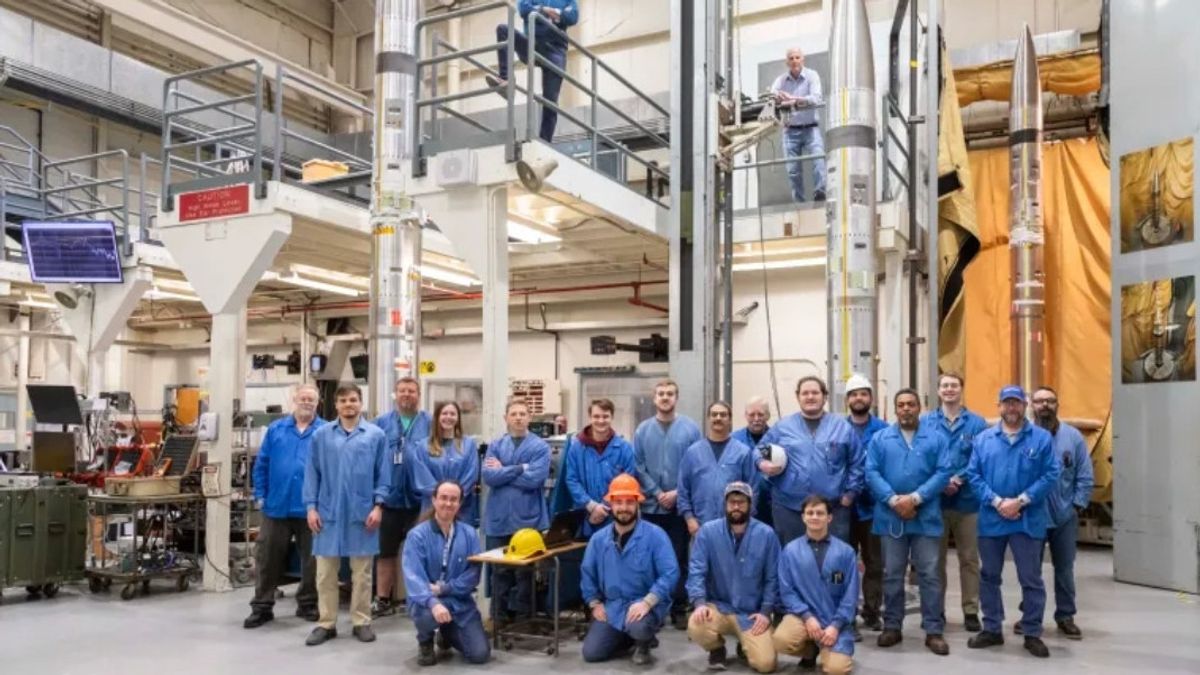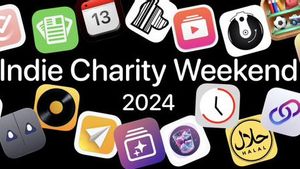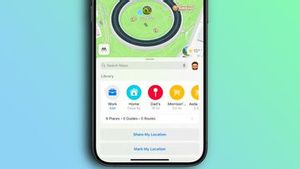JAKARTA NASA will launch an Atmospheric Perturbations rocket around Eclipse Path(APEP) on April 8 when a total solar eclipse occurs. There are three APEP rockets that NASA will fly. In NASA's official blog, it is explained that the APEP rocket will be launched from the Wallops Aviation Facility in Virginia. The rocket was launched to study the impact of the faint sunlight in the top Earth's atmosphere or the ionosphere. APEP rockets will be launched at three different times, namely about 45 minutes before eclipse, when eclipses occur, and 45 minutes after the peak of local eclipses. This time difference is important to note so that the data collected are diverse.NASA explains that the APEP rocket will reach an altitude of 420 kilometers from above the Earth's surface. Each rocket will measure the density of charged and neutral particles from the electric and magnetic fields in the atmosphere. Although the rocket launched is only three, Aroh Barjatya as the leader of the AP rocket mission said that the rocket instrument would produce a lot of data. This happens because each rocket has more than two instruments. "Each rocket will issue four secondary instruments the size of a two-liter soda bottle that also measure the same data point, thus similar to the results of fifteen rockets, while only launching three, said Barjatya.
SEE ALSO:
Of the four secondary instruments to be launched as APEP rocket payloads, three of them were made by Embry-Riddle. Meanwhile, the last instrument was made by Dartmouth College in New Hampshire. As long as the instrument is in the atmosphere, researchers will observe interference with radio communications due to a total solar eclipse. To date, understanding communications disruption due to eclipses is still low, so the APEP rocket mission is urgently needed. "We are excited to re-launch it during the total eclipse, to see if the disturbance starts at the same altitude and whether the magnitude and scale remain the same," Barjatya explained.
The English, Chinese, Japanese, Arabic, and French versions are automatically generated by the AI. So there may still be inaccuracies in translating, please always see Indonesian as our main language. (system supported by DigitalSiber.id)


















